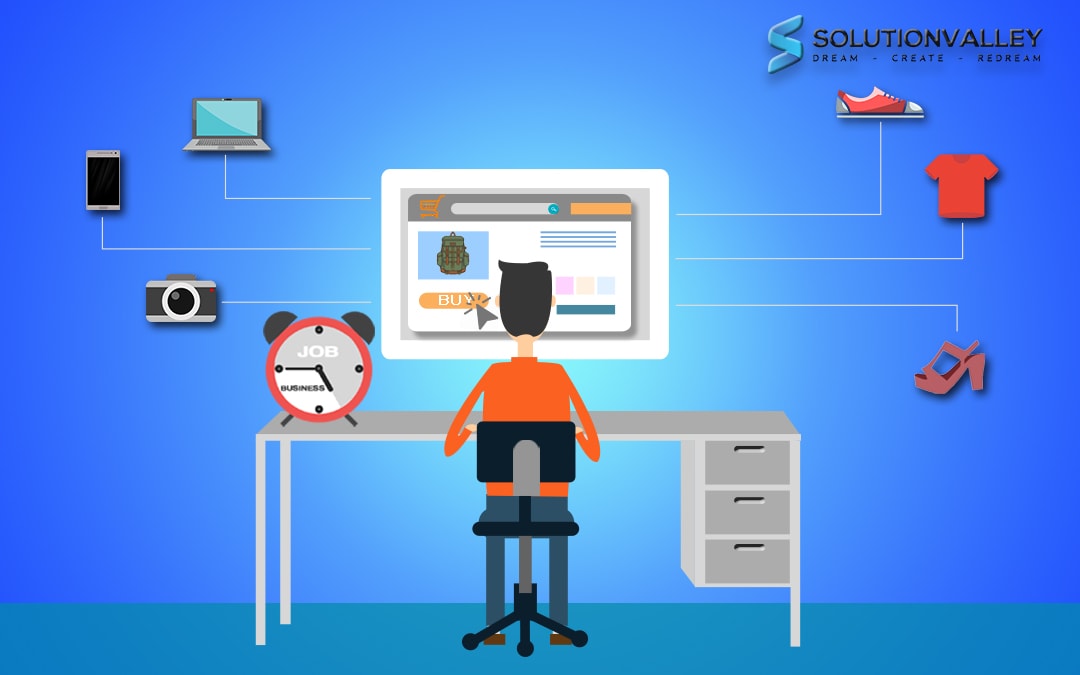Do You Know Sidepreneur?

Adam Smith
ENTERPRENEUR
VS

Steve Richardson
SIDEPRENEUR
Well, it’s still a business and requires enormous amounts of effort and energy. So, how do you manage to starting a business while working full time? And take care of your health. And take care of your family. And devote time to relaxation. And handle the crisis situations once in a while. A lot of stuff, eh?
1. Keep Your Legal Terms Clear

Essentially, the law varies from state to state. Hence, it’s better you take professional advice from a good lawyer. It might cost you but then, now your business is safe.
2. Find a Compatible Co-Founder
Your family will also support you but they won’t understand your business better than your cofounder.

Put up the profile you want and interview people aggressively. You know who’s the best person for you. Try taking the interviews alone and long enough for you to know if that person would fit into the Sidepreneur frame you have.
Another advantage of having a cofounder is you both can always hold each other accountable for things. For instance, if you’re procrastinating today, your partner can give you one kick and you will be back on track. Isn’t that a nice picture?
3. Test Your Idea First

How long would it work for?All these questions will be answered once you go and exploit your idea. And during these surveys, ask very detailed and to the point questions.
Next step! Improvements! Based on what you learnt.
And believe me, you will need to repeat this process multiple times before the final product is put on sale. Why waste resources without knowing that the product will be worth selling or not?
Adding to that, gain enough resources for building your product/website via online resources. People usually spend enough time building their logo and thinking of a proper name for their website but forget to work properly on the content and actual website.
Don’t be careless with your website building. It will be the face of your ecommerce business.
4. Don’t Try to Plan Everything
“Failure to Plan is Planning to fail”
Yes, that is true. The underlying statement is plan effectively once and then know when to stop fixing everything into a timetable.
Hence, you can’t plan everything and think of something surprising to happen. Starting a business while working full time is surprising enough though! Irony!
Keep calm and plan your goals. Just the milestones. Don’t go crazy on the planning factor.

Disadvantage of Plan Everything
Also, for carefree planning, schedule your engagements with google Calendar. Not the one in your office system though! Watch out!
5. Start Acting Like a BIG Company
Acting like a big company does not mean you spend crores of rupees and have fancy offices. It refers to having and following certain ethical values. Values that you and your small team will abide by always.

Acting like a big company also does not mean you work day and night. There will be days when you won’t feel like being productive. Working effectively and sustainably is the key to being a big company.
And think of it this way. Even on the days you’re working very less on your business, you’re still moving forward. That’s progress. Acting like a big company is making sure that the people you work with are satisfied and are working with all the potential and skill they own.
Acting like a big company is learning from your failures, that you will encounter along the way and moving on to the next plan of action.
Acting like a big company means being aware all the time.
6. You Will Never Know When to Quit
I have seen a lot of startups go down because funding stopped or revenue wasn’t enough. Being bootstrapped will help you gain momentum and keep your future secure. The focus should be recurring revenue always.





Recent Comments